
https://www.youtube.com/watch?v=ivYMo59SRRI
Vitamin C's Immune Benefits
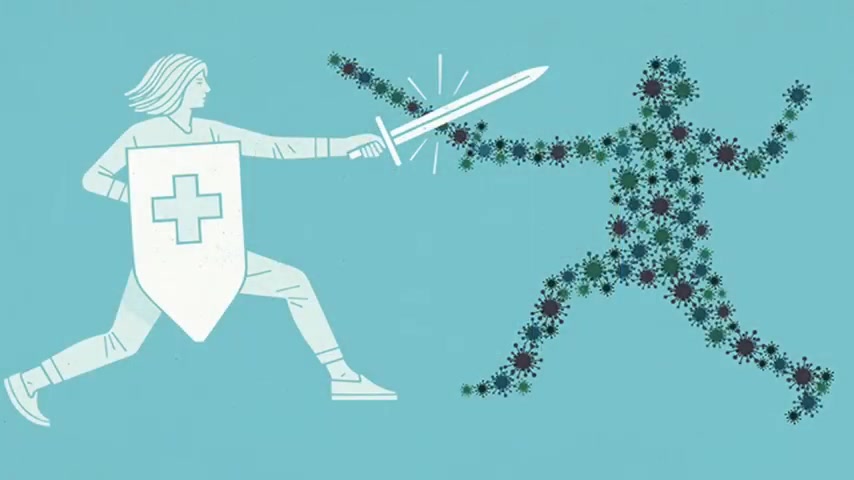
Let's talk about the immune benefits of vitamin c .
Now , vitamin c does a lot of different things , but its influence on your immune system is quite amazing .
Let's talk about it .
Now vitamin c deficiencies are actually very common .
You can have what's called the subclinical vitamin c deficiency where you're not majorly deficient but you're just deficient enough to cause a weakness within the immune system .
I'm gonna talk more about that .
Vitamin c is a water soluble , nutrient .
So it has a low storage capacity .
So unless you're constantly getting vitamin c , you can be deficient within weeks .
Vitamin c is a very powerful antioxidant .
So when you have free radicals , which are basically molecules with unpaired electrons , so you you're supposed to have 2 to balance it out .
Let's say you just have 1 and it becomes a free radical .
So it can damage certain things in the body .
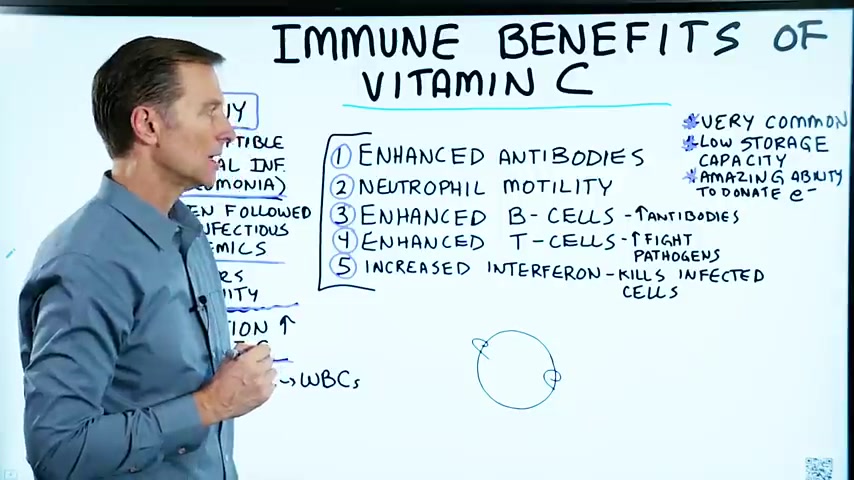
Vitamin c comes in there and donates an electron to stabilize the molecule .
So it can actually help counter free radical damage .
Alright .
As far as immune benefits , it can enhance antibodies .
Antibodies are proteins that fight pathogens , microbes that shouldn't be in your body .
Also , it will increase neutrophil motility .
Neutrophils are a type of white blood cell .
It's like a phagocyte that cleans things up .
It engulfs and kills certain microbes and it speeds up the motility of these little guys right here .
Number 3 , it enhances your b cells or b lymphocytes .
It's a type of white blood cell which then increases antibodies .
We've already mentioned that right here .
Number 4 .
It enhances the t cells , another type of lymphocyte that helps you fight off infection .
Number 5 .
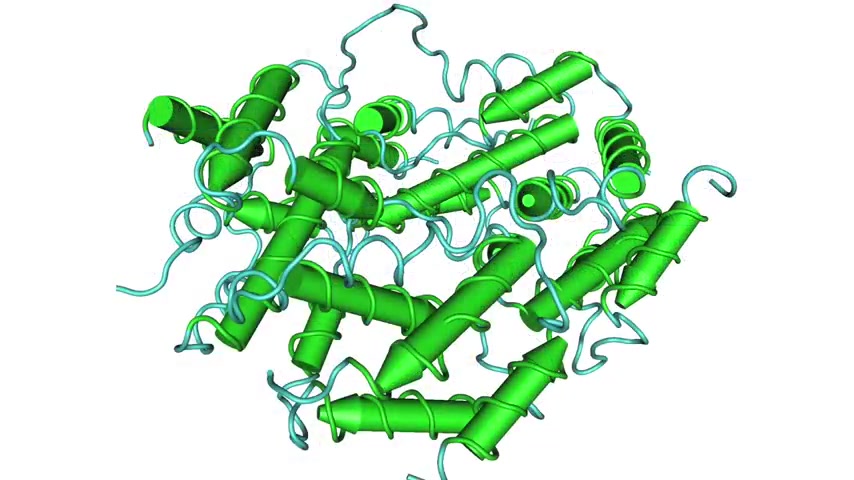
It can increase interferon .
Now interferon is a hormone that kills infected cells and their surrounding neighbors .
So it is a very powerful immune compound that our bodies make .
So you can see one big benefit of vitamin c is it helps fight infection .
Now , when you're deficient in vitamin c , if you're very deficient you have scurvy .
But I think there's different levels of scurvy so there could be subclinical versions of this or major versions .
You're not gonna probably see a full blown scurvy case .
But the point I wanna bring up about vitamin c deficiencies , especially scurvy which is the , major vitamin c deficiency , is that it makes you susceptible to certain infections .
With scurvy , it has the ability to increase susceptibility to fatal infections like pneumonia .
Scurvy is often followed by infectious epidemics .
What does that mean ?

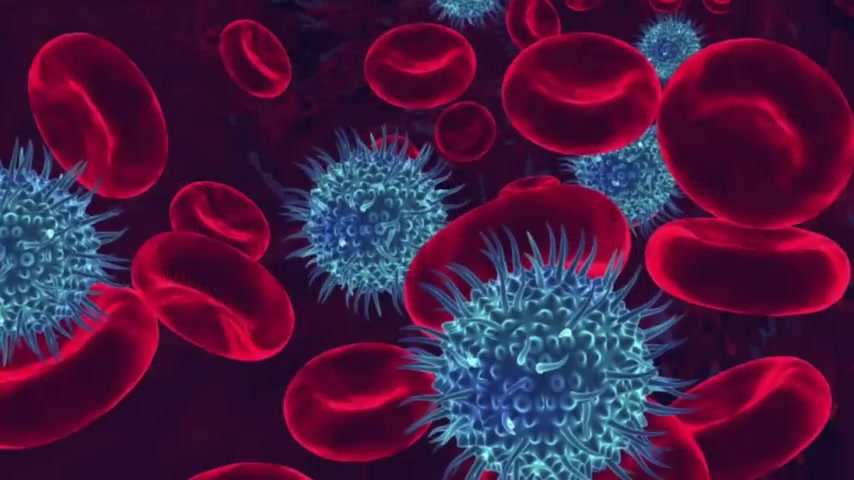
It means that when you have an infection , they can actually develop scurvy .
Why is that ?
Because infections increase the need for vitamin c .
Your white blood cells accumulate vitamin c .
They need the vitamin c to function .
So if you're using your immune system more , you're gonna deplete your vitamin c reserves especially if you're not putting it back .
So this is another way that someone could be deficient .
Number 1 , they're not consuming enough in their diet .
Number 2 , they get an infection .
It puts stress on the immune system and that's another way that you could be deficient .
Minimally , 200 milligrams per day .
A good source of vitamin c would be sauerkraut , leafy greens , bell peppers , any of the , spicy hot peppers , jalapenos , red peppers are really high in vitamin c .
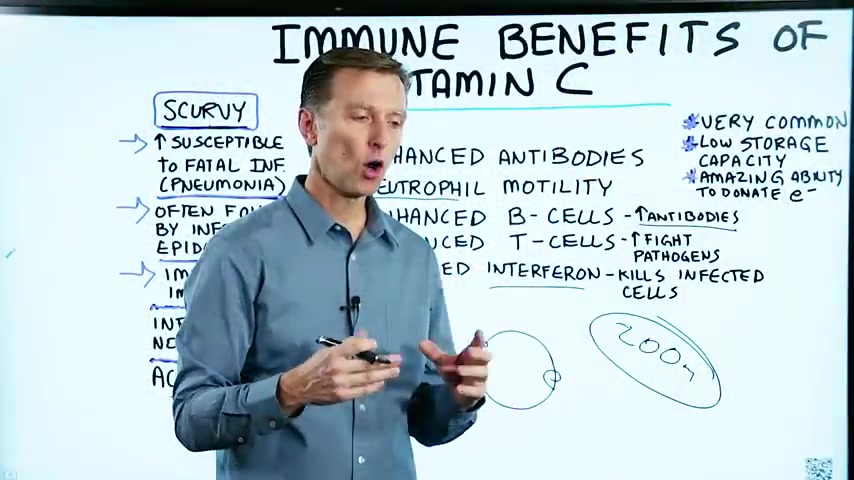
Now , if you're gonna take a supplement , make sure that you take a whole food base complex vitamin c , not a synthetic .
The synthetic version of vitamin c , is called ascorbic acid .
And one of the ways they make it is they combine cornstarch and sulfuric acid .
So sometimes people tell you that the synthetic version is the same as the natural .
There's no difference .
But I have a hard time believing that sulfuric acid in cornstarch is the same as something from actual food .
And if you haven't
Are you looking for a way to reach a wider audience and get more views on your videos?
Our innovative video to text transcribing service can help you do just that.
We provide accurate transcriptions of your videos along with visual content that will help you attract new viewers and keep them engaged. Plus, our data analytics and ad campaign tools can help you monetize your content and maximize your revenue.
Let's partner up and take your video content to the next level!
Contact us today to learn more.